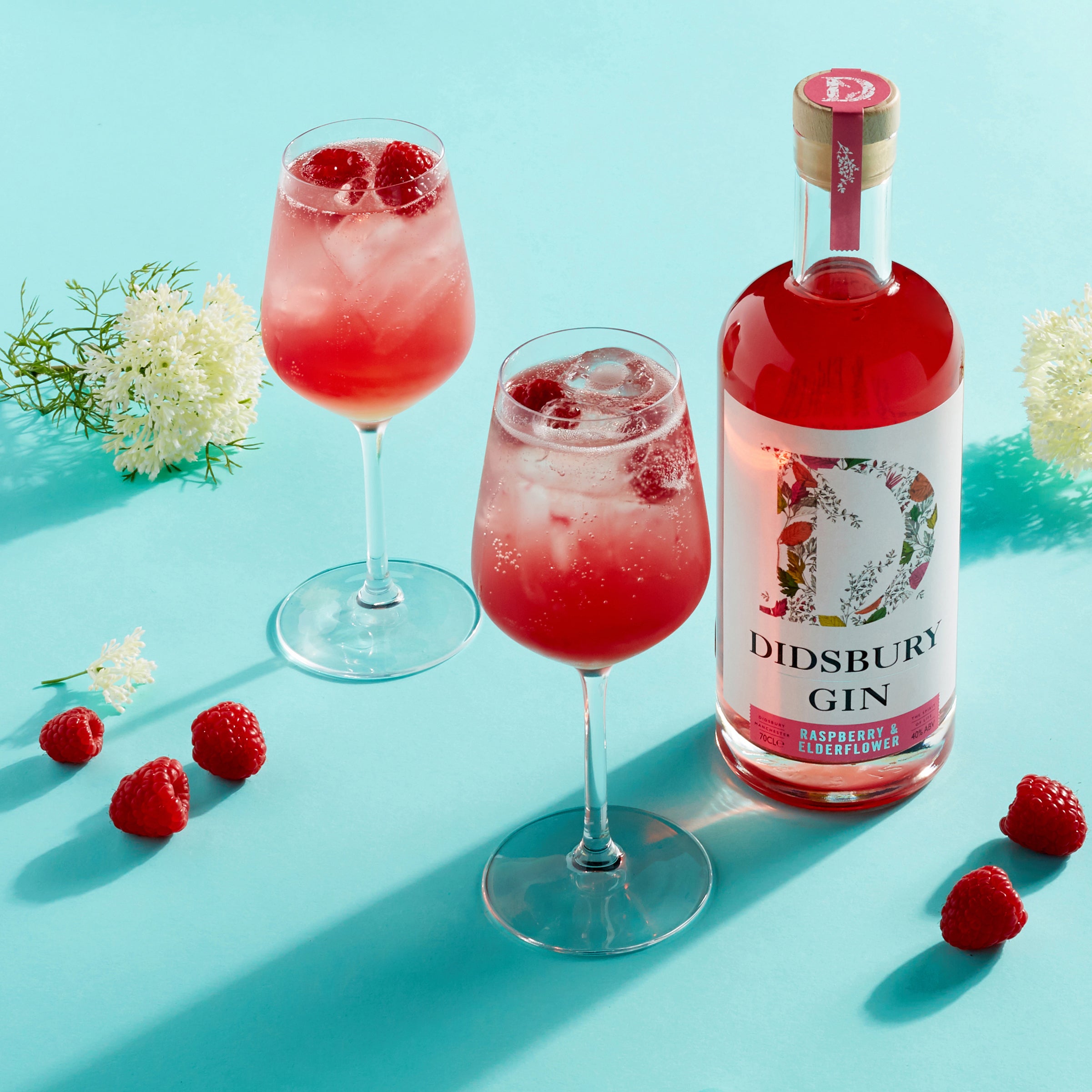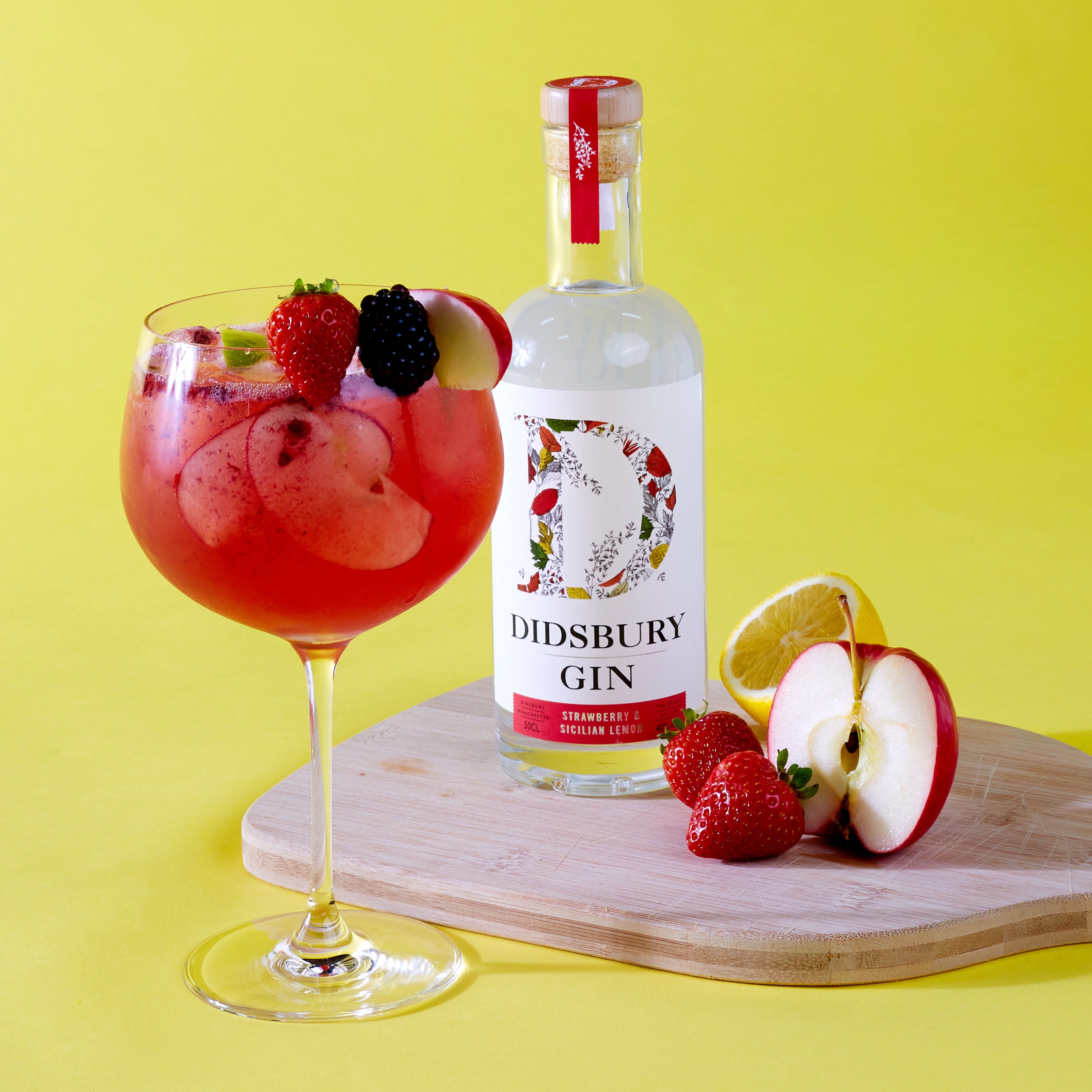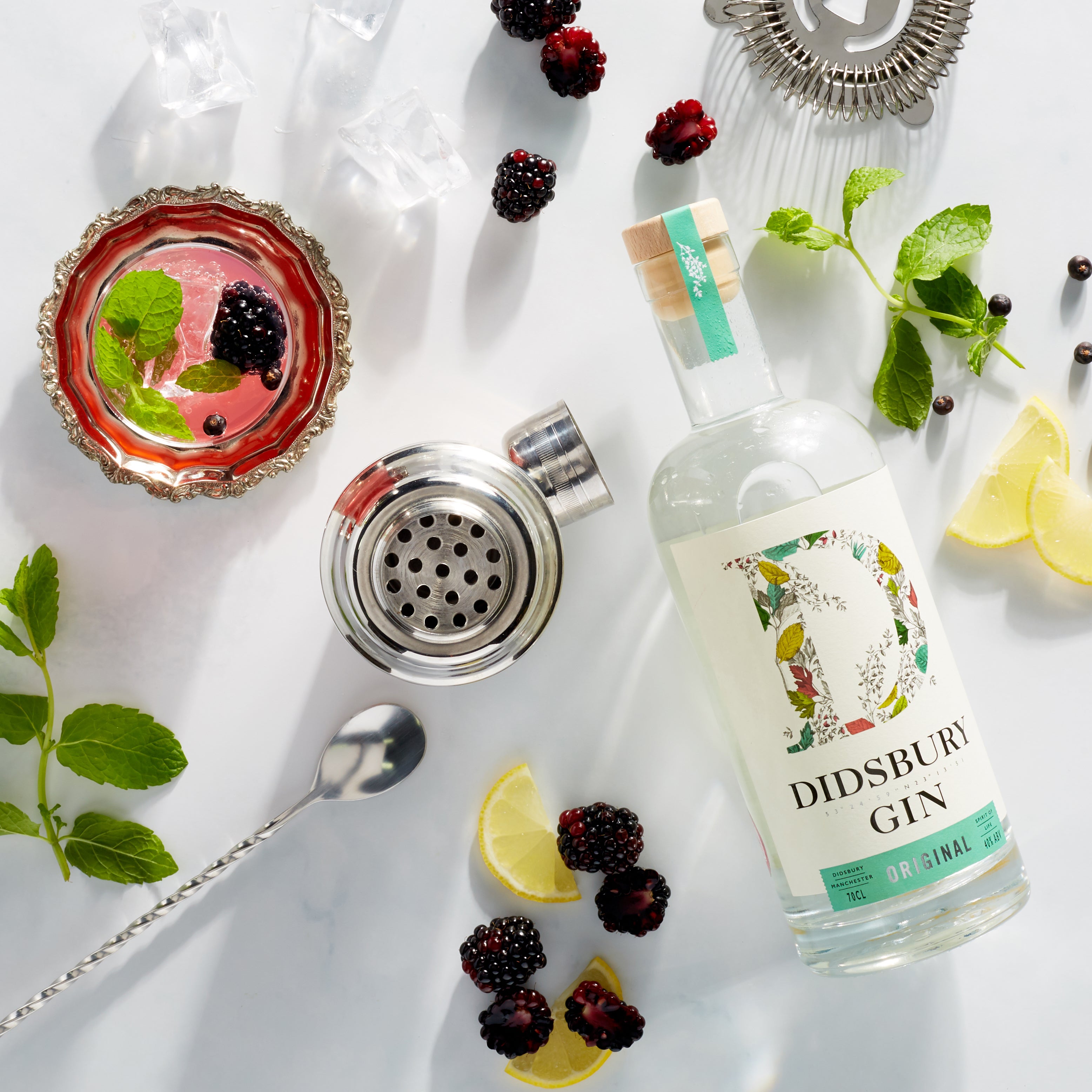How Didsbury Gin conquered Dragons’ Den
Told by Dragons’ Den that they were late to the gin party, Liam Manton has since taken Didsbury Gin from strength to strength, writes Zlata Rodionova


The Covid pandemic failed to put a brake on the UK’s gin craze, with a record number of distilleries registered in 2020 – rising by more than 100 in 12 months for the first time. The number of distilleries in England, meanwhile, has almost tripled since 2016.
However, having set up Didsbury Gin as a “passion project” in 2017, co-founder Liam Manton argues that the brand has managed to cut through a saturated market and the business has gone from strength-to-strength ever since.
Manton tells the Independent: “Part of the feedback we got on Dragon’s Den was that we were late to the ‘gin party’ but we certainly found the dance floor and the space for our brand since then.”
Read More:
Didsbury Gin currently produces five different gins, ranging from the Original, a clean and zesty drink which underlines all of the brand’s flavour infusions, to the company’s latest product, the Manchester Tart, a limited-edition flavour inspired by the classic Mancunian dessert.
Manton says: “We always wanted to push the boundaries with original flavours without being gimmicky. Our goal is to always push consumers and their taste buds into new spaces.
“There’s a lot of flavoured gins in the market but we use 100 per cent ethically farmed pressed fruit without any synthetic flavouring or colourings. These unique flavour infusions are what helps us cut through.”

From making a loss in 2018, Didsbury Gin’s turnover as of January 2021 has grown by around 250 per cent to £3.5m compared to the previous 12-month period, while the business has made significant profits of more than £1.375m.
Despite the company’s financial success, Manton admits that 2020 has been one of the most challenging year for the business, so far. About 70 per cent of Didsbury Gin’s sales came through on-premise trade – including bars, restaurants and hotels - when the hospitality industry shot overnight in March last year.
To bounce back the founders fast tracked their business plan by nearly two years. “We realised our customers still wanted to consume good quality gin. We had an e-commerce plan that we were going to implement gradually over 18 months, which we basically implemented over the pandemic,” Manton says.
We had a lot of experience in consuming gin but we had no experience whatsoever in the industry, it’s just something we decided to do one night while we were talking
In addition to an improved online presence, including a more functional website and refined consumer marketing targeted to home consumption, the founders also launched pre-mixed gin cans as takeaway alcohol sales were climbing as well as gin hampers perfect for those hosting cocktail nights on Zoom or looking to try a new drink.
At the very start of the first lockdown in 2020, the company also found an innovative way to use its distillery equipment to help essential workers with hand sanitiser shortages – and this remains Liam’s proudest achievement to date.
Over the course of a week, the company produced two million bottles of hand sanitisers for every hospital, care home, police and fire station in Greater Manchester.

“We were in a fortunate position where we could give something back to the community. To be able to help the NHS and other workers to continue to do the great things that they’re doing and supply them with what they need to do their job within a couple of days of coming up with the idea and how quickly as a team we turned that around – that makes us proud.”
Considering the success of the business today, it can be hard to imagine that – like many ventures – Didsbury Gin started on a napkin during a boozy night in 2017 when Liam and his friend and business partner Mark Smallwood, spent the evening sampling multiple gins.
Manton says: “We had a lot of experience in consuming gin, but we had no experience whatsoever in the industry, it’s just something we decided to do one night while we were talking. We seem to have got it right so far.”

The entrepreneurs started out making their gin in Manton’s living room while juggling full time jobs with family and friends as their first customers.
After setting up the business, the pair managed to secure a deal with Harvey Nichols with no manufacturing capability and had to take a start-up loan to fulfil the order.
“We were hoping to get a listing in the local product section in the Harvey Nichols store, but when the buyers tasted the liquid, they were really positive about what we’re trying to do with unique flavour infusions, and we came away from that meeting with a national listing. Then, on the train home, reality kicked in – now what?”
As fate would have it, the pair were then made redundant from their respective jobs within months of each other in 2018 and decided to take their side hustle full time by seizing the chance to appear on BBC Two’s Dragons’ Den.

After pitching their plans for the brand, the entrepreneurs walked away with £75,000 from fellow gin-lover businesswoman, Jenny Campbell.
Manton says: “We’ve been quite fortunate to have Jenny as an investor as it stopped us from doing massive mistakes early on.”
With the end of lockdown restrictions in sight, Manton is “cautiously optimistic” about the year ahead as people begin getting out safely again.
He argues that the chancellor’s decision to freeze alcohol duty for a second year in the row will also give the spirits industry a boost.
Read More:
“We’re pleased that the chancellor has backed the industry because businesses like ours – that don’t have large corporate owners – would have suffered massively otherwise.
“There’s been talk of gin fatigue last year but I think the numbers during the pandemic have shown there’s still massive room for growth in the gin category.
“Consumers are loving gin, trying new flavours, exploring and finding new brands, so it should be a positive time for the gin and the spirits industry in general.”
Join our commenting forum
Join thought-provoking conversations, follow other Independent readers and see their replies
Comments
Bookmark popover
Removed from bookmarks